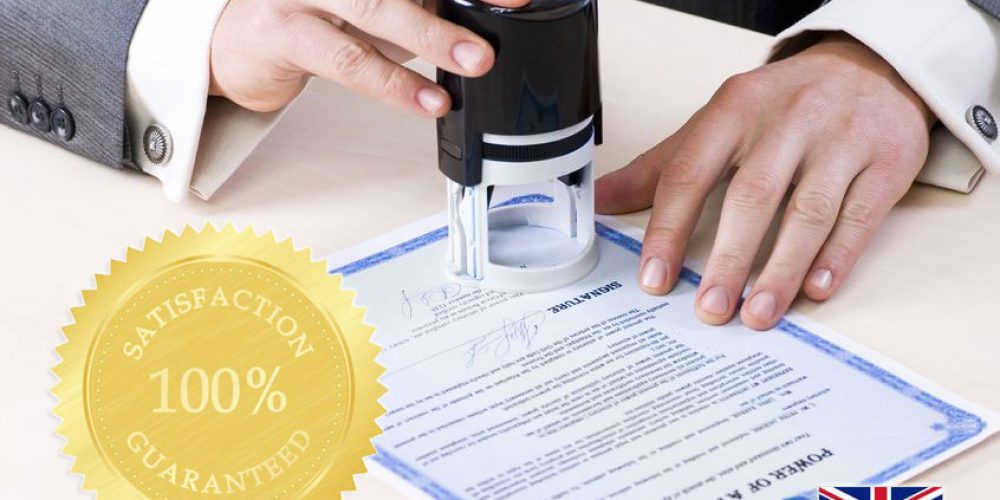There has been a great deal of misconceptions about the term certified translation. Well, let me take a moment to clear up all the confusion about this concept and help you understand a Certified Translation.
Understand a Certified Translation.
In most countries, a certified translation refers to a translation supplemented by a signed statement confirming that the translation is complete and accurate to the best of the translator’s understanding and ability.
Therefore, any experienced translator or a translation agency may certify a translation. A translator doesn’t necessary have to be “certified” to “certify” a translation. However, most countries now have come with certification exams to test one’s levels of professionalism and skills in translating and so, for one to be a certified translator, you must have passed the translation exams.
A certified translation is made of three major parts i.e. the original language (source) text, the target language (translated) text and the statement signed by the translation agency or the translator himself attesting that they believe the target language text is an accurate and complete translation of the original-language text.
Who needs a Certified Translation?
“But who requires certified translations?” One may ask. Different kinds of people and government agencies require certified translations for numerous reasons and some of these include;
Immigrants in different nations that are required by government officials and policies to provide certified translations of their foreign documents like marriage and divorce licenses, births certificates, immigration and custom legal documents, and many others.
Governmental authorities and agencies like the clerk’s office, department of licensing, passport authorities, department of motor vehicles and other more agencies.
Government legal sector i.e. lawyers and courts that require certified translations of transcripts and all the other legal documents to approve the accuracy of the translations for those documents.
Business entities also require certified translations to legalize their business documents like financial reports, business agreements, legal documents and patent rights as well.
Academic institutions like universities and colleges require certified translations for degree or diploma documents and transcripts as one of the requirements for the admission process.
The major importance of a certified translation is to ensure validity and get rid of forged documents, ensure faster and quick processing of the documents, efficiency and accuracy at the same time.
What makes a Translation “Certified”
In most cases a translation is considered “certified” under the following circumstances of document translations;
When the document is translated by a translator who is recognized by high government authorities like High court of Justice, passport authorities and other more to translate and validate foreign documents.
When the document has been certified by a well-established translations company or a translator as long as they are well qualified in the translation work.
When the document has been certified in front of a solicitor. The translation document has to be signed in front of a qualified solicitor who also adds his signature to prove that the translation was accurate and witnessed.
Certified translations are always required in almost every country when handling the foreign documents in agencies like courts of law and other regulatory departments. A certified translation creates legally mandatory record recognized by government officials, courts and academic institutions.

